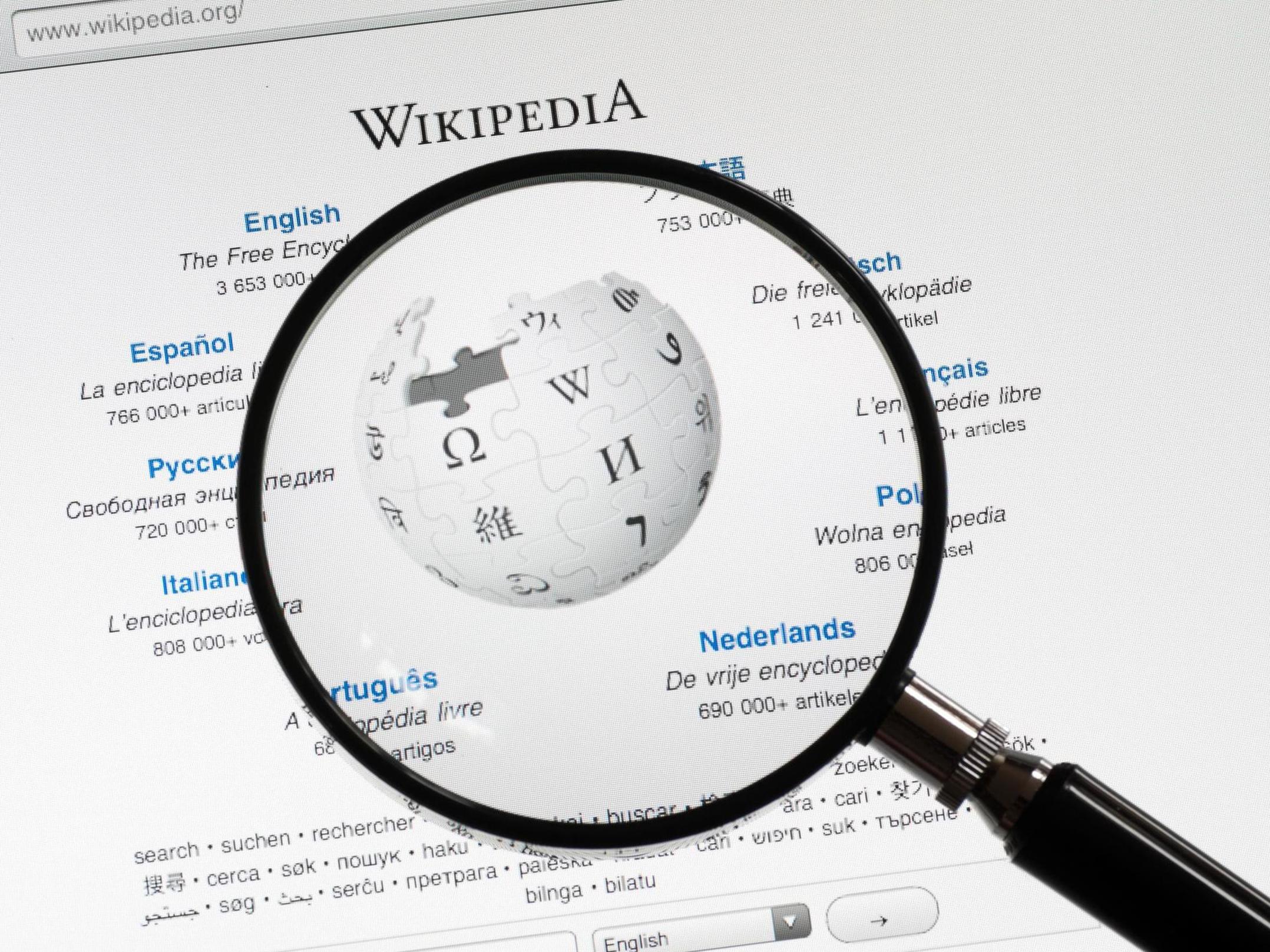
It's tricky to know much about this incident with much confidence, because it's been rehashed so many times by so many writers and ultimately the original sources tend to be contemporaneous newspapers quoting unnamed FCC sources, the FCC never published the findings of their investigation. It is perhaps the most likely explanation, but no real evidence was ever found to support it, and I think the possibility of another means (such as an insider, as in other prominent incidents) still exists.

Sibling comment explains the idea, but I also think a lot of articles about this tend to present the theory of someone positioned between the two sites overriding the microwave signal as more definite than it is. So it wasn't complained about much.Įventually the internet happened and people just lost interest. What helped was that not many people actually used cable for radio. Still they were lazy so often it was possible to catch an unused uplink or an incorrect timer for years. I don't think the cable company ever bothered to catch them as it all happened after hours but eventually they added time locks so the uplinks just went down after programming. It was fun! Many pirate "radio" stations too. I used to speak to them on the legal 27mc CB because I was too chicken and they'd speak back to me in glorious stereo FM. In those days broadcast transmitters still switched off when programming was finished.īecause the air was clear then there was very little power needed and thus little chance of getting caught. I know some of my friends in the 80s were able to "hack" into the cable network in my town, basically they just broadcast into the terrestrial receiver at the cable station after the real transmitter went down.


#Sitesucker not working wikipedia tv#
I don't think we ever had such break ins in national TV in the Netherlands.


 0 kommentar(er)
0 kommentar(er)
